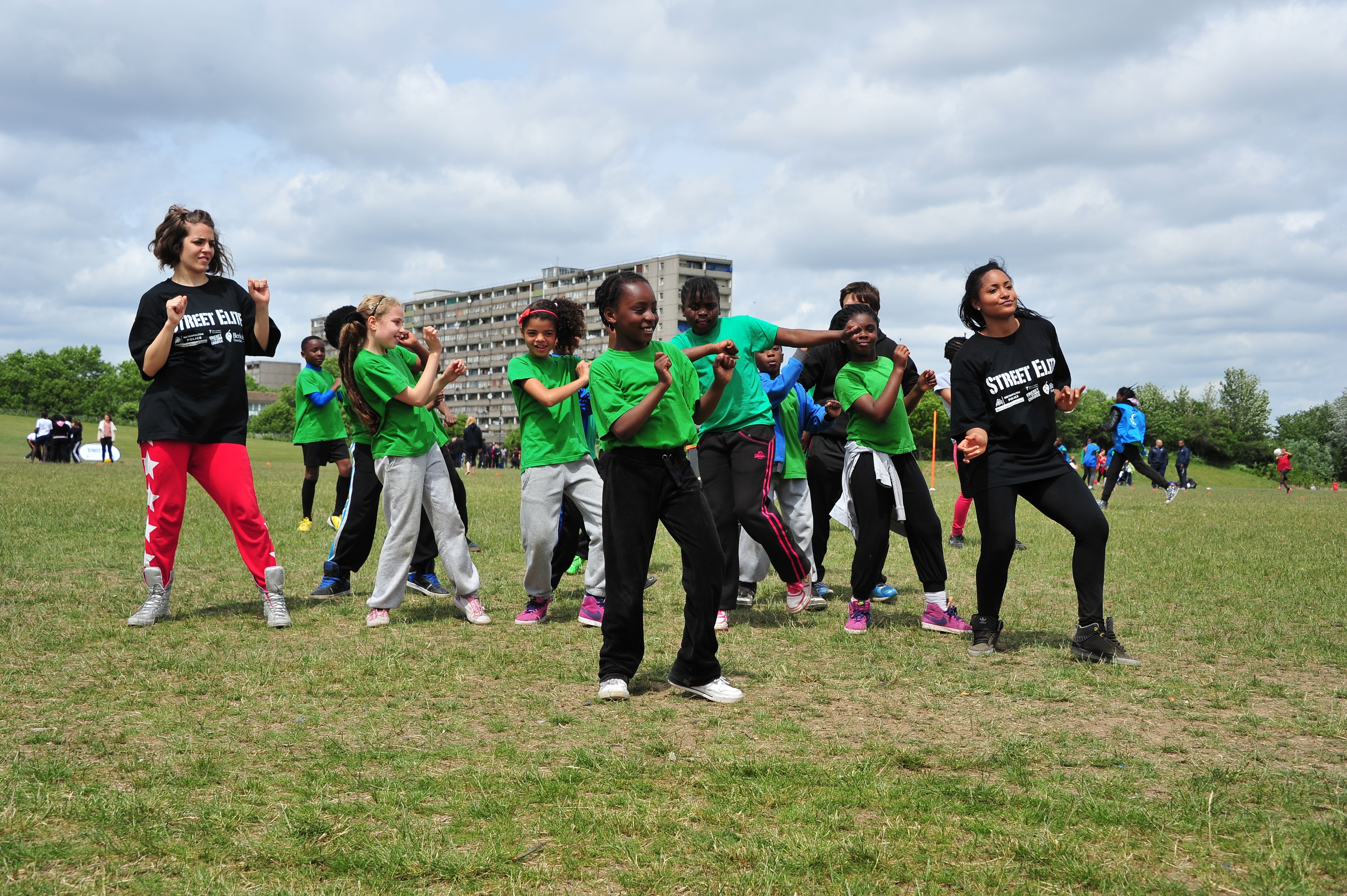
Hard to reach? A debate about tackling youth unemployment
Street Elite held an event to debate the issue of youth unemployment.
2013 witnessed the largest fall in youth unemployment since the 1980’s, and compared to 2013, there are now 141,000 more young people in education, training or employment. These are encouraging and positive statistics. However, there’s still a group of disengaged and disadvantaged young people for who remain workless and lack the skills or chances to enter employment.
Yesterday, Street Elite held an event to debate the issue of youth unemployment. Street Elite is a ‘training for work’ initiative that uses sport, mentoring and youth engagement to inspire and motivate young people who are currently not in education, employment or training (NEET) delivered by the Berkeley Foundation, and Change Foundation. They are currently three years into a 5 year programme, nearly 80% of young adults taking part have moved from the edge of crime and gang culture into education or employment at an average cost of just £3,000.
Professor Sue Maguire, one of Britain’s leading experts on youth transitions, will gave her analysis of how well NEET young women are supported in the UK and the impact of intensive personal support. Esther McVey MP, the Employment Minister, gave a major keynote speech. She is the first MP to employ an apprentice.
The event gave those attending a chance to meet and share ideas regarding the issue of youth unemployment with those in government, the police, business and the voluntary sector.
Some of the key outcomes and ideas that came out of the debate on how to cut youth unemployment in 2015 and beyond are as follows:
Early Engagement
- Capture youth most at risk aged 14 and identify their needs
- Reintroduce employability officers in schools & implement more structured approach to careers advice
Increase the capacity and number of youth clubs
Encourage more weekend/part time jobs
Locate and track missing ‘NEETS’
Increase government funding
- Longer term investment in young people and give councils the opportunity to spend more on supporting hard to reach young adults
Support young people getting on the housing ladder
Create a ‘passport’ system to smooth the transition between receipt of benefits and training/employment
Make better use of the alumni of youth and community engagement programmes
- Encourage young adults who have been through programmes to act as ambassadors & role models to engage their peers.
Set local labour and employment targets for all industries
Encourage partnerships with business
- These relationships should go beyond funding – and become strategic investments in young people
Employers to be incentivised to taking on and providing opportunities to NEET young adults
Businesses should speak with colleges and schools to educate them about the skills they need
Apprenticeship salaries should be increased above £2.73 an hour
Support NEETS instead of punishing them.
- Benefits shouldn’t be stopped after 6 months unemployed. There should be further intervention to help people find work
Increase funding for training for youth workers specifically
Use social media to connect agencies, employers and stakeholders
Design a free nationally available bank about tacking youth unemployment
About Street Elite and how the programme works
Street Elite is a nine month programme. Initially, it involves a 12 week sports-based training and mentoring scheme. Young people gain insights into the Sport for Development industry, recognised accredited qualifications, and the personal skills and motivation to get their lives back on track. The initial commitment is low; one 2 hour training session per week. They are paid £15 for every session they attend.
Next, they test the skills they have learnt by delivering sports sessions on local housing estates over a period of 10 weeks. Then, they help to organise a one day sports festival, involving dozens of local schools and hundreds of young people in a borough-wide event. Below is a video from our first festival of 2014, attended by world famous ex-footballer, Ian Wright and Work and Pensions Secretary, Iain Duncan Smith.
Finally, they are offered work placements and choose to enter education, employment or training.
SKATEISTAN X IMPOSSIBLE PHOTOGRAPHY PROJECT
Skateistan recently received camera and film packages from Impossible HQ at their project sites across the globe, introducing photography to youth of Afghanistan, Cambodia, and South Africa.